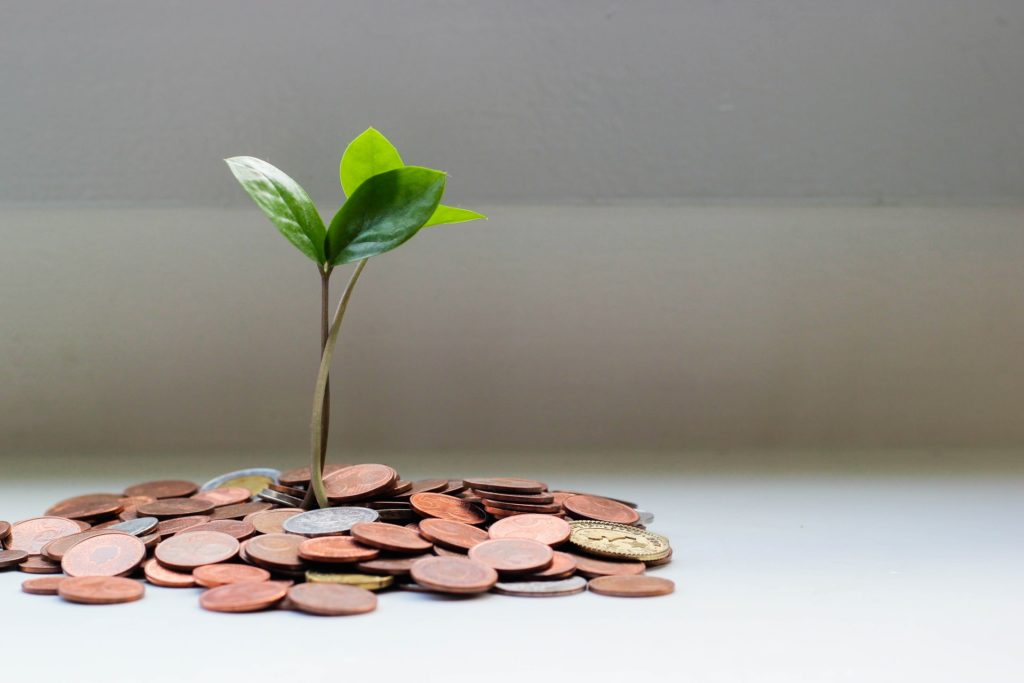“Money must flow, and preferably in my direction,” said Salar Azimi in the Dutch tv-show “Waar doen ze het van?” (translated “How do they do it?”). Multi-millionaire Azimi wants to break the taboo on making money. People who earn a lot of money are quickly seen as show-offs. Those who don’t feel ashamed. Therefore, in this blog, I’d like to address the question: what do studies say about money and happiness?
Does money buy happiness?
“Who thinks money makes you happy?”, is what the teacher asked us in our final year of primary school. Me and my classmate were the only ones to raise our hands. We got a stern look from our teacher, followed by a plea about how there are many other things that are more important than money. This situation shows that it is not socially desirable to say that money makes you happy. Just like the saying goes: “Money doesn’t buy happiness”. But to be honest, that teacher didn’t convince me. We can keep saying that money does not make you happy, but at the same time we all want money to flow our way: we participate in the (hopeless) state lottery, read magazines such as the Quote about the lives of the super-rich and we always want an increase in our salaries.
Feeling happy in and about your life
Well-renowned research about the relationship between money and happiness was published in 2010 by Nobel Prize winners Angus Deaton and Daniel Kahneman. In their research, they made a distinction between being happy in your life and being happy with your life.
- Being happy in your life is about your feeling of happiness. It’s about the emotions you experience such as happiness, sorrow, anger and warmth.
- Being happy with your life is about how you evaluate your life, how happy are you about your life?
When income rises, both forms of happiness appear to rise as well. Making lots of money makes you happier about your life because you are successful. More money is associated with success and therefore also with your self-esteem. However, it appears that “happiness in your life” can only increase to a certain extent, namely to about a salary of 65,000 euros on an annual basis. This means that with a higher salary you will not necessarily experience more happiness.
Rich vs poor
A similar result came from a Belgian study by health economist Lieven Annemans. As income rises, there is an increase in a person’s life satisfaction. This feeling of satisfaction rises up to an amount of about 4500 euros per month. After that, someone’s life satisfaction can even drop a bit!
So, having more money does correlate with happiness, but to a certain extent. Life satisfaction can decrease once you earn above a certain amount. So to a certain extent, money can make your life better. When you already have everything sorted and you start longing for more money, it can actually make you unhappy. Maybe this is because it then becomes about the urge for having more money, and no longer about money that you really need to comfortably live your life.
Money vs happiness
In addition, the same study showed that Belgians who had less than 1000 euros per month to spend, were more unhappy. This is in line with a Dutch survey by Statistics Netherlands (CBS) between self-employed people and entrepreneurs versus people who receive benefits from the government. 91% of the first group appeared to be happy and only 63% of the second group stated that they were happy.
Finally, the CBS research indicates that money does play a role, but that other factors such as health and relationships have a more important influence on your happiness. So money does buy you happiness, but only to a certain extent.
Openly talking about money
Openly talking about money is often a sensitive subject. But, I think we should talk more openly about this because money plays an important role in everyone’s life. Financial security gives a sense of peace and relaxation. Too little money in your life can cause stress and negativity. This has an effect on being happy in your life, as well as with your life.











